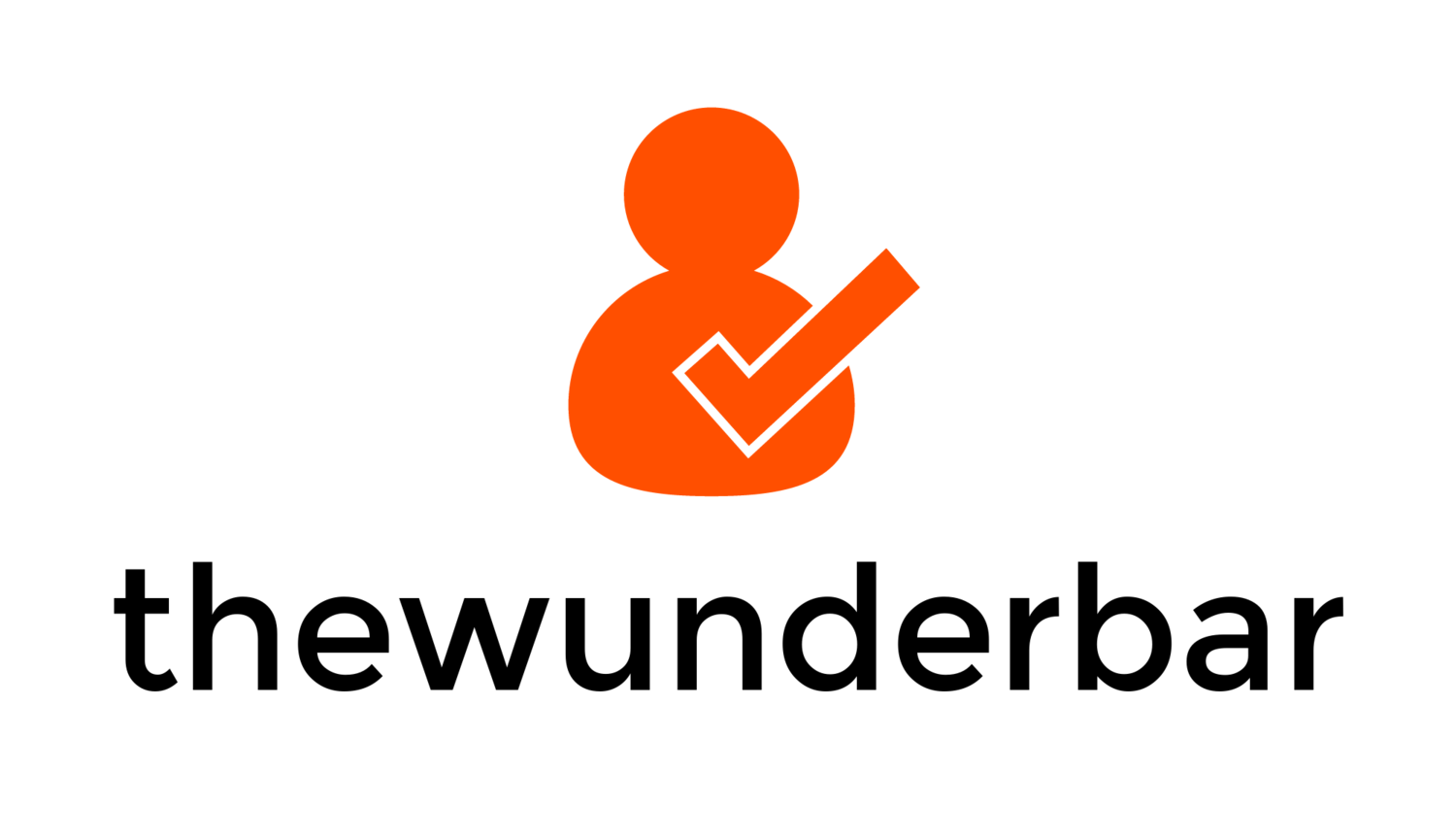Here are a few of the stories I’ve found Interesting over the past couple days.
Google And Facebook Take Different Approaches to News Linking in Australia
This one kind of happened last week when this space was silent. Large companies like Google and Facebook have faced criticism all over the world for their practice of linking to news stories from their platforms. Google makes money off of advertising on their search and news pages, where the news organizations claim that people using search engines to find news means they get less direct revenue from their own ads. News organizations blame this for declining revenue and have been lobbying governments to force companies like Google to pay for access to this content. The Government of Australia has a bill before Parliament that would force Google and Facebook to pay those news organizations for the right to link to any of their content on their platforms. And the companies are taking different tactics to fight this.
Google is signing deals with news organizations in Australia to share ad revenue gained from Google News, but not Google Search results. This is being done proactively, in an attempt to show good faith on Google’s part. The company is probably making a calculation that diverting some ad revenue from Google news to local news in Australia is better than being forced to pay for any access at all, including the much more lucrative Google Search pages.
Facebook has taken a completely different tactic. It has disabled users ability to post any link to any Australian based news organization at all, across the entire world. In this case, Facebook is saying that instead of paying for content, it won’t allow this content on the platform at all. Facebook’s theory seems to be that it will be more damaging to the news publishers in Australia to not have their content on Facebook at all than it will be to have Facebook users being able to link to it without Facebook needing to pay.
Australia is not the first market to go through this, nor is it the last. I do see semi-regular “news” stories on broadcast in Canada talking about how Google and Facebook is bad for news. Now, it obviously isn’t very objective for a Global or CTV newscast to talk about how bad Google is for Global or CTV’s advertising revenue, but there is some truth there. I have no idea where this lands, but we now know what it’ll look like in another market that in many ways is very similar to Canada in Australia.
https://www.theverge.com/2021/2/18/22288510/google-facebook-australia-news-media-bargaining-code
NASA Successfully Lands a New Rover on Mars
I don’t really have too much to add here, except to say the fact that NASA was able to fly a rover the size of a compact car to Mars, then have it use a heat shield, then parachutes, then finally lower itself to the ground using a rocket powered crane is something I will never get tired of.
The Perseverance rover has already sent back a couple pictures so we know it has made it safely to Mars, and in the next few weeks the rover will begin its mission.
Also inside the rover is a small helicopter that NASA hopes will demonstrate that rotary-wing flight is possible on Mars, which could open up new kinds of craft to explore the red planet I the future.
Rocket Science is so cool.
https://arstechnica.com/science/2021/02/perseverance-rover-has-landed-safely-on-mars/
Record Cold Snap in Texas Makes Silicon Manufacturing Shortage Even worse
We are already in the middle of an unprecedented demand for Silicon of various kinds. And now a historically bad winter storm in Texas has knocked out a Samsung microprocessor manufacturing plant. The Samsung plant in Austin currently manufactures parts on a 14nm process, so that plant does not currently make things like phone processors, but it is likely that the plant makes many of the memory modules used in RAM and storage in various devices made by dozens of different companies. An interruption in production for any length of time could make product shortages even worse in the short term.
Microsoft Edge Changes Notification System
Don’t you hate websites constantly badgering you to allow notifications? Microsoft attempted to fix that in Edge last year, and changed the default behaviour in Edge to suppress all notifications in the browser. It seemed like a good idea at the time but the telemetry from it showed that users were actually missing notifications they wanted because they were hidden.
Now Microsoft is back with a new attempt at managing notifications in the Edge Browser. Edge will now default to “adaptive notifications” which aim to use data gathered from user behavior to help decide which notifications to block. If Microsoft’s telemetry shows that 99% of users block notifications from website x, the browser will block them by default. If that telemetry shows that the majority of users do want notifications from website y, it will show them. This is a neat idea in theory, it will be interesting to see how it works I practice.
The Podcast Ad Wars Have Begun
This is an interesting read about iHeart Radio buying a company that develops advertising technology for radio and podcasts. I listen to a lot of podcasts, and the proliferation of ads has certainly been a noticeable trend over the past few years. The difficulty in podcast advertising is that it has traditionally been very difficult to provide good data on how the ads are doing. An entire industry is developing on how to make ads in podcasts more valuable, and iHeart Radio, Spotify and others are banking on it.
https://www.theverge.com/22287309/podcast-iheart-media-triton-digital-acquire-spotify
Epic Games Sues Apple in Europe
A few months after Epic initiated legal action against Apple in the United States over the App store on iOS devices, the company has filed a similar lawsuit in Europe. There isn’t really anything new here, but it is worth mentioning.
